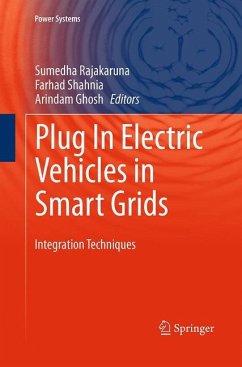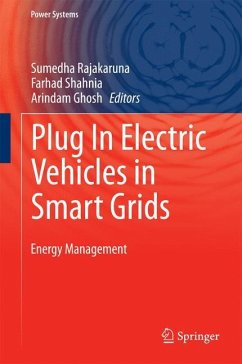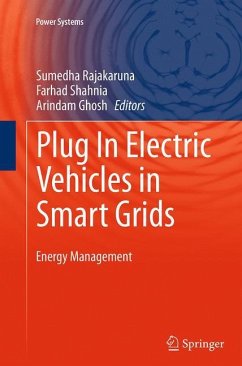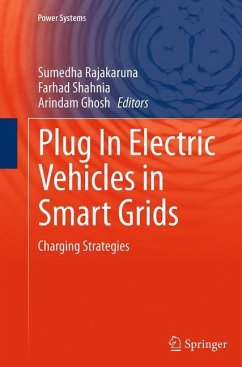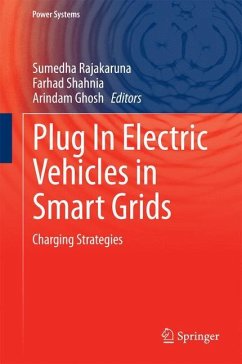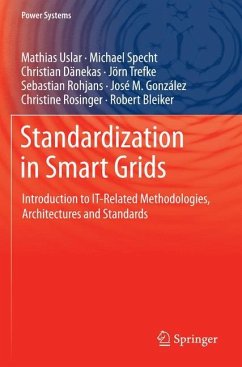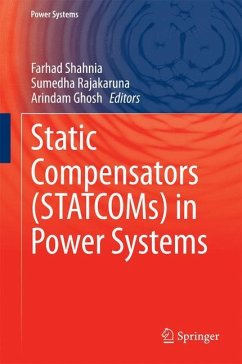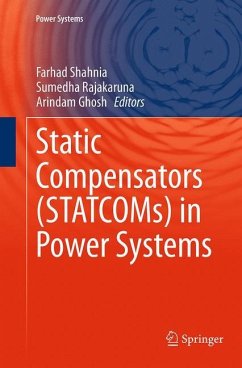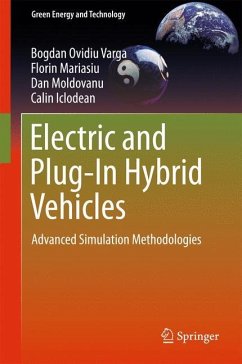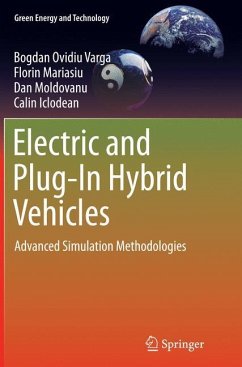
Plug In Electric Vehicles in Smart Grids
Integration Techniques
Herausgegeben: Rajakaruna, Sumedha; Shahnia, Farhad; Ghosh, Arindam

PAYBACK Punkte
38 °P sammeln!
This book focuses on the state of the art in worldwide research on applying optimization approaches to intelligently control charging and discharging of batteries of Plug-in Electric Vehicles (PEVs) in smart grids. Network constraints, cost considerations, the number and penetration level of PEVs, utilization of PEVs by their owners, ancillary services, load forecasting, risk analysis, etc. are all different criteria considered by the researchers in developing mathematical based equations which represent the presence of PEVs in electric networks. Different objective functions can be defined an...
This book focuses on the state of the art in worldwide research on applying optimization approaches to intelligently control charging and discharging of batteries of Plug-in Electric Vehicles (PEVs) in smart grids. Network constraints, cost considerations, the number and penetration level of PEVs, utilization of PEVs by their owners, ancillary services, load forecasting, risk analysis, etc. are all different criteria considered by the researchers in developing mathematical based equations which represent the presence of PEVs in electric networks. Different objective functions can be defined and different optimization methods can be utilized to coordinate the performance of PEVs in smart grids. This book will be an excellent resource for anyone interested in grasping the current state of applying different optimization techniques and approaches that can manage the presence of PEVs in smart grids.





